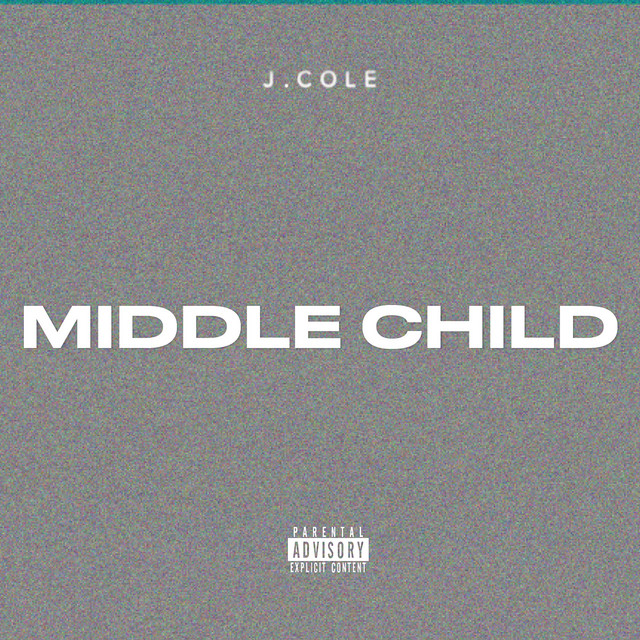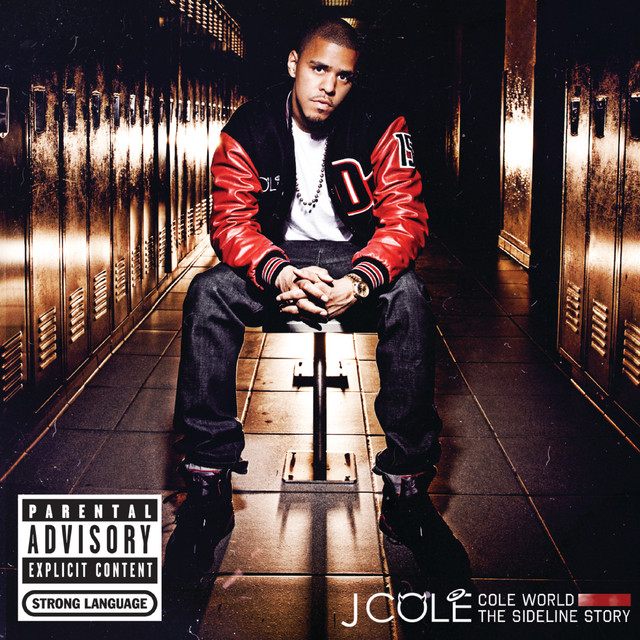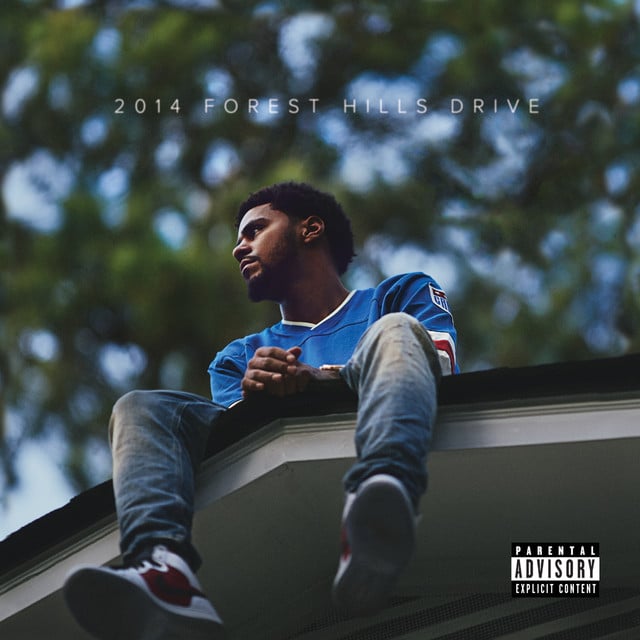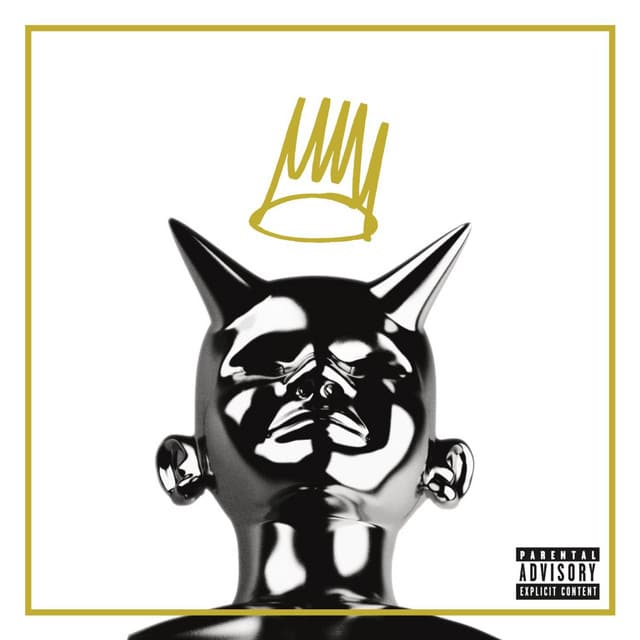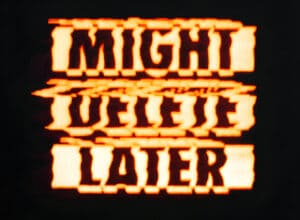Released: 2019
“MIDDLE CHILD” by J. Cole is a vivid manifesto that serves not just as a reflection on his personal stance in the hip-hop game but also as a broader commentary on the industry’s dynamics, generational shifts, and the real values that constitute authenticity and respect in the culture. Cole positions himself as the connective tissue between the revered OGs (Original Gangsters) and the fresh-faced new school, examining the complexities of fame, loyalty, and progress within the rap community.
The opening lines immediately set a tone of resilience and defiance. Cole talks about being underestimated by his peers and the industry (“Niggas been countin’ me out”) but counters by emphasizing his preparation and readiness to confront his detractors (“I’m countin’ my bullets, I’m loadin’ my clips”). This imagery of warfare isn’t about promoting violence but serves as a metaphor for his determination to overcome challenges and silence his critics through his music. The mention of making a list and checking it twice nods to Santa Claus folklore but here, it’s about taking stock of allies and enemies in the rap game, suggesting a meticulous approach to his career and artistry.
As the verse progresses, Cole laments the loss of genuine, “real” artists while noting the rise of inauthentic ones (“The real ones been dyin’, the fake ones is lit”). He uses his own unapologetic, somewhat rugged appearance (dirty Bentley, dirty sneakers) as a badge of authenticity, eschewing the flashy, polished image often associated with commercial success in hip-hop. Cole’s reference to substance use (“I do not snort powder, I might take a sip”) further separates him from industry stereotypes, underlining a message of conscious moderation and self-control.
The heart of the song lies in Cole’s reflection on his position in the industry (“I’m dead in the middle of two generations”). He sees himself as a bridge between the old and new schools of hip-hop, bearing the wisdom of the veterans while nurturing the talent and growth of newer artists. His encounters with other prominent figures like 21 Savage and JAY-Z illustrate his deep integration and influence across these generational divides. Furthermore, his discussion on societal issues impacting black communities—touching on cycles of incarceration (“Too many niggas in cycle of jail”) and the need for healing and guidance—reveals the depth of his concerns beyond music.
“MIDDLE CHILD” repeatedly emphasizes that genuine respect and authenticity cannot be bought or fabricated through superficial means (“Money in your palm don’t make you real”). Through this refrain, Cole dismisses the common equating of wealth with worth or character. His declaration, “Pistol in your hand don’t make you real,” challenges the glorification of violence in building or proving one’s reputation.
In essence, “MIDDLE CHILD” by J. Cole serves as a powerful commentary on his personal journey, the integrity of the art form, and the broader socio-economic issues affecting the culture and communities that hip-hop voices. Cole’s adept storytelling and nuanced understanding of his role and responsibilities as a middle child of hip-hop shine through, offering a reflective, critical, yet hopeful perspective on the genre’s past, present, and future.
